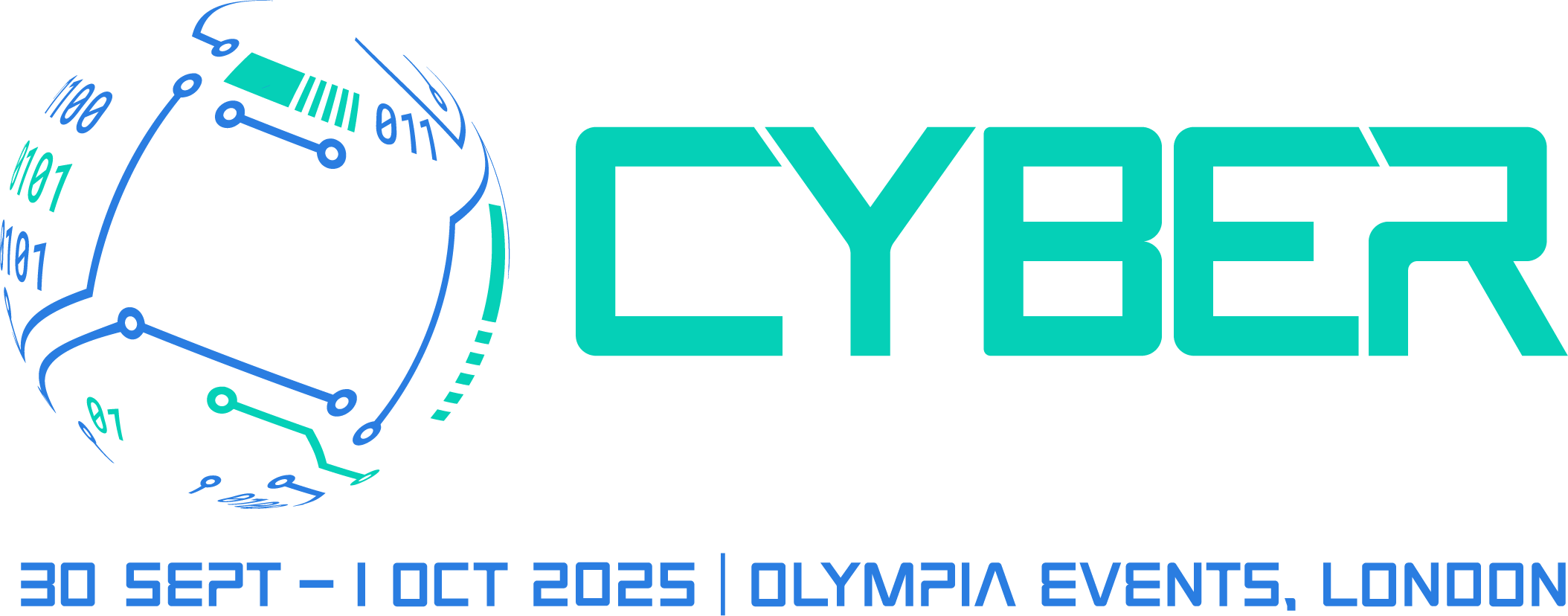On Resilience in Cybersecurity
)
Resilience in cyber security involves not only the prevention of breaches through strong security measures, but also the capacity to minimise damage and restore operations swiftly when an incident occurs. It can mean having systems, processes, and policies in place that ensure the continuity of operations even in the face of potential disruptions. This can include regular backups, disaster recovery plans, and incident response teams capable of addressing threats in real time.
For the cyber security industry resilience to me represents a strategic shift from purely defensive measures to a more adaptive and flexible approach to threat management. As cyber-attacks grow in complexity and frequency, industry players are increasingly focusing on developing technologies and frameworks that emphasise quick detection, response, and recovery.
This is driven through innovations in AI-driven threat intelligence, automated response systems, and zero-trust architectures that enhance resilience against evolving threats. Cyber security resilience has also become a key part of regulatory and compliance frameworks, as governments and industry bodies mandate higher standards for protecting critical infrastructure and sensitive information, especially since we have an update to NIST2 and the new DORA regulations coming into force soon.
Achieving resilience in cyber security for organisations requires a multi-layered approach that integrates technology, processes, and people. Although budget is a key concern, investment should be made if possible in advanced threat detection and prevention tools, such as AI-driven monitoring systems and endpoint protection, to proactively identify vulnerabilities. Regular security audits and penetration testing is essential to assess potential weak points. Equally important is the establishment of a comprehensive incident response plan, including clear protocols for communication and recovery during a breach. Employee training and awareness programs are also vital to mitigate human error, as social engineering and phishing remain prevalent attack vectors. Additionally, adopting a zero-trust model, where internal and external access to data and systems is continuously verified, can help organisations build stronger defences against sophisticated attacks.
For the wider cybersecurity industry and the UK, fostering collaboration and information sharing is key to building national resilience, and this is something we take very seriously at Cyber Security Unity. Industry bodies and government agencies should work closely with private organisations to share threat intelligence and best practices. The UK government in conjunction with the NCSC should play a leading role, especially with the launch of the new Cyber Security and Resilience Bill which it is said will “strengthen our defences and ensure that more essential digital services than ever before are protected.”
Strengthening public-private partnerships is also crucial to safeguarding critical national infrastructure. It is also important to continue investing in the research and development of emerging technologies, such as quantum computing and blockchain, which can further bolster the UK’s ability to stay ahead of advanced threats.


